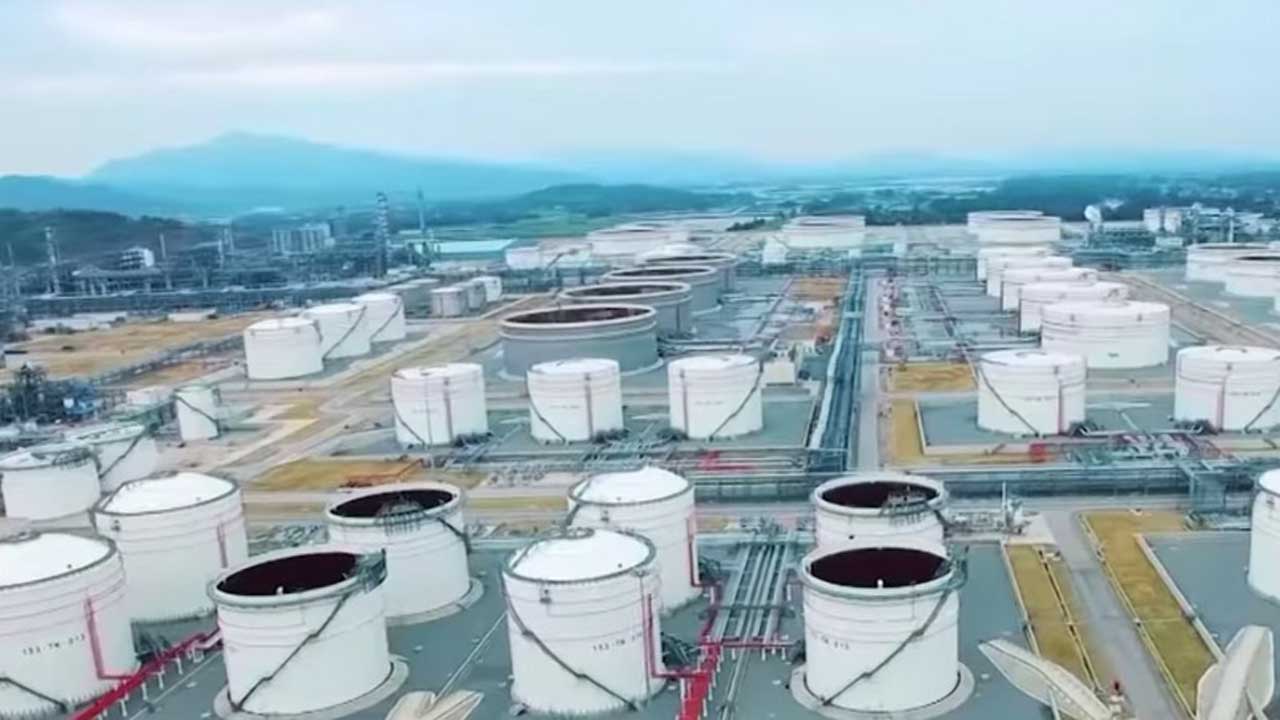HCMC – Nghi Son Refinery and Petrochemical LLC (NSRP) has cut the output of its refinery from 105% of designed capacity to 80% and may suspend the refinery’s operations from mid-February due to financial difficulties, according to the company’s announcement.
While announcing its performance, NSRP stated that it had canceled the import of two crude oil vessels, Thanh Nien Online newspaper reported.
Nghi Son Refinery, located in the Nghi Son Open Economic Zone in Thanh Hoa Province, has a designed processing capacity of 200,000 crude oil barrels per day, equivalent to 10 million tons of crude oil per year, in the first phase, which is nearly double the capacity of the Dung Quat Refinery in Quang Ngai Province.
Nghi Son Refinery currently supplies some 35% of the local fuel demand and is the largest supplier for many local fuel traders. Therefore, its announcement has worried domestic fuel traders.
A representative of Petrolimex said this year that the company would buy 235,000-265,000 cubic meters of fuels from NSRP. If NSRP suspends its operations and the supply of fuel, Petrolimex may face a shortage of fuels to provide to the local market, especially with the Tet holiday approaching and the demand for fuels rising.
In a document sent to the Ministry of Industry and Trade, Petrolimex proposed the ministry ask Vietnam Oil & Gas Company (PVN), which contributes capital to NSRP, and NSRP to make an official announcement on NSRP’s performance and plans to provide fuels to traders.
A representative of the Ministry of Industry and Trade said the ministry had asked NSRP to report its issues. NSRP and PVN must take responsibility for their financial problems.
When NSRP faced difficulties in consumption, the ministry called on traders to buy its products.
The firm has also been given priority in crude oil import and reserve, so NSRP must be responsible for energy security and fuel supply.
Tran Duy Dong, head of the Domestic Markets Department under the Ministry of Industry and Trade, said the department had asked fuel traders and the Departments of Industry and Trade of localities to seek alternative fuel suppliers.









